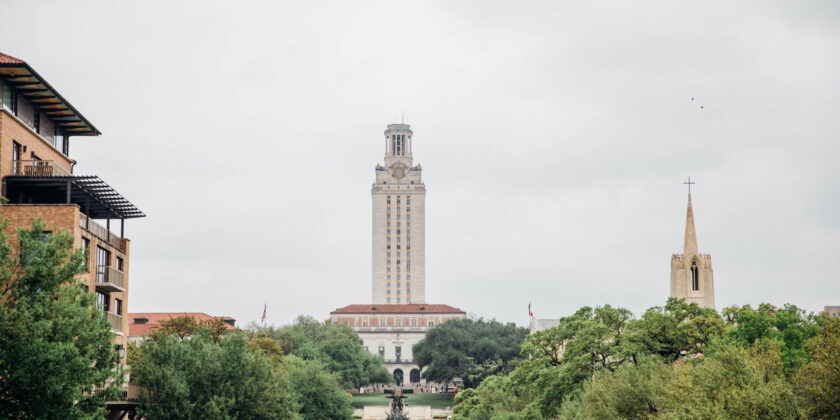GenHERation® Exploration Camp at Hackley
The future starts now! GenHERation® Exploration is an intensive summer program designed to inspire young women to think big and push the limits of what’s possible. During this immersive experience, students will learn from the most innovative companies in America, meet powerful female leaders, and participate in skill-building simulations. Throughout the week, students will connect with industry experts from Fortune 500 companies, tech giants, retailers, government agencies, and sports franchises as they collaborate on custom-designed challenges. Students will become trailblazers in their own lives and develop a toolkit for success to excel in the classroom, college, and beyond.
Students will refine the following skills throughout the program:
- Communication
- Public speaking
- Emotional intelligence
- Resilience
- Leadership
- Teamwork
- Negotiation
- Critical thinking
Aug 1-3 (3 days)
Full-Day 9am-4pm
Instructor
GenHERation®
Grades
9-12









